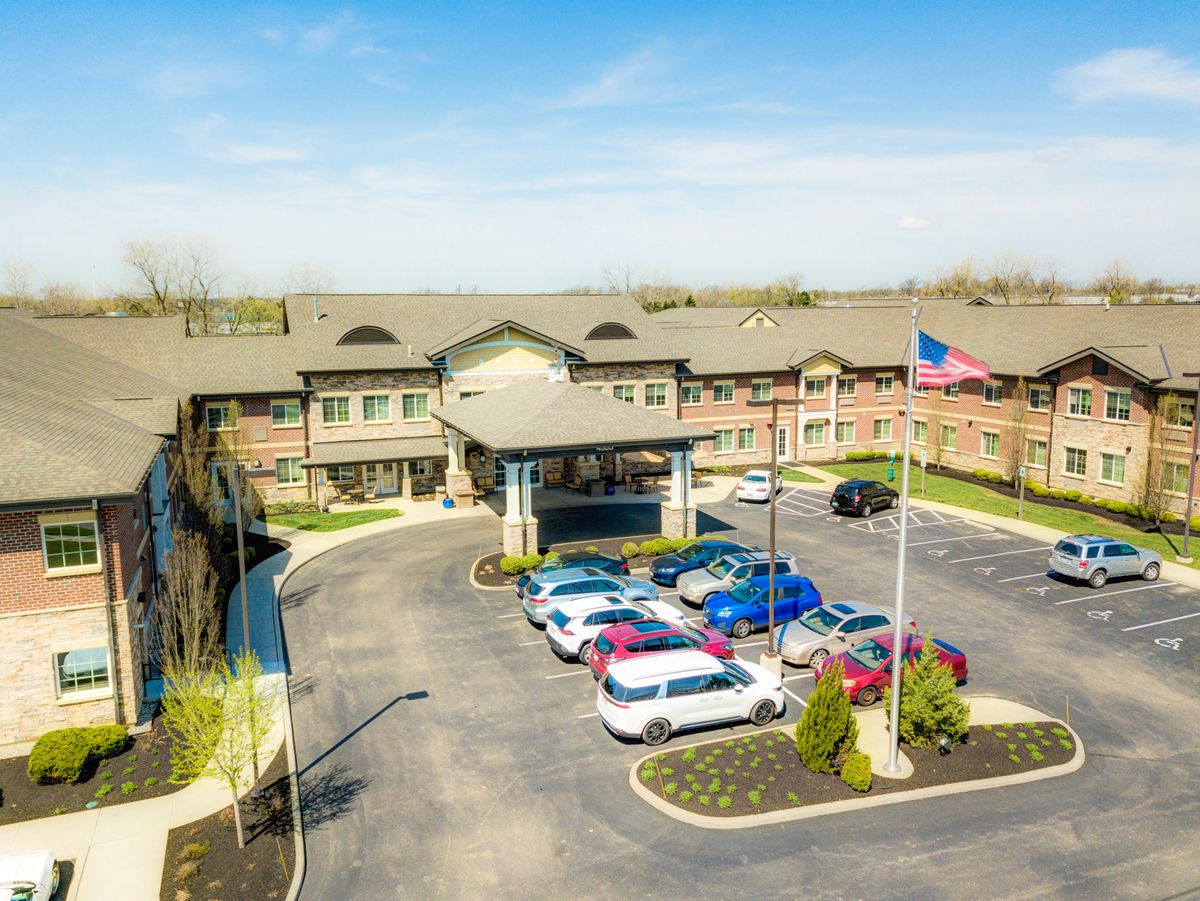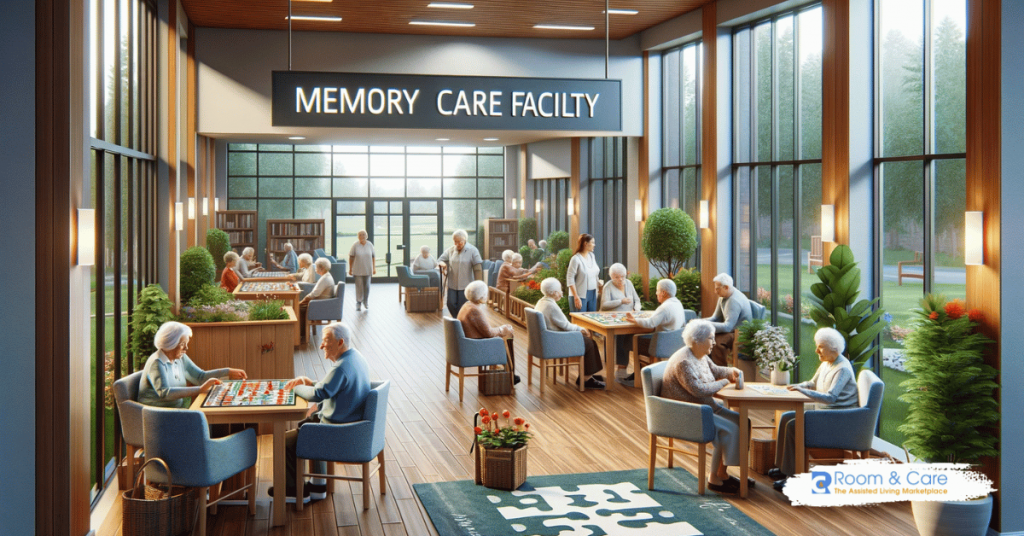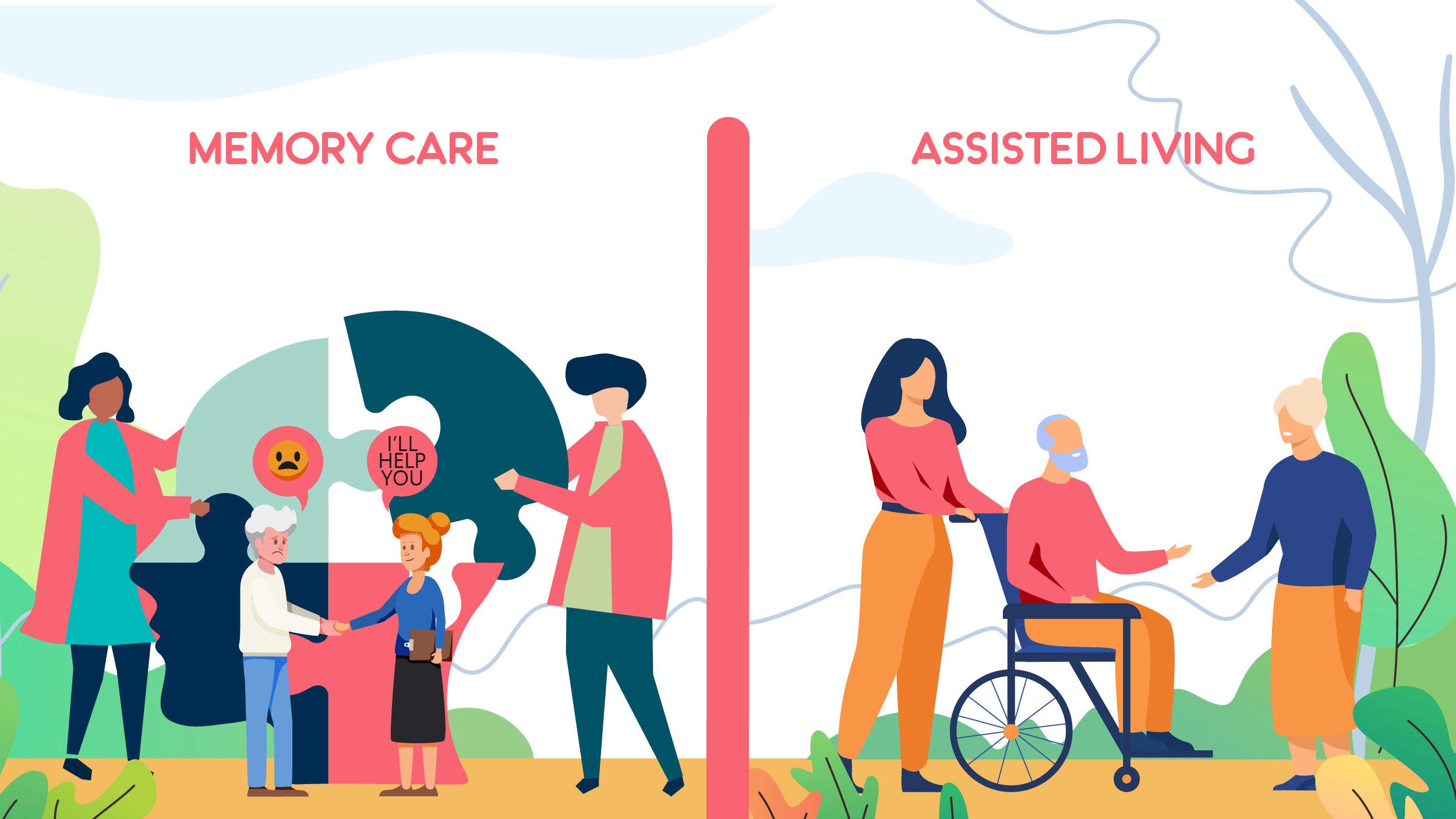Trusted Charlotte Memory Care: Professional Support for Your Loved Ones
Trusted Charlotte Memory Care: Professional Support for Your Loved Ones
Blog Article
What to Expect in Memory Care: A Comprehensive Guide to In-Home Solutions
Navigating the landscape of memory treatment for a loved one can be a complicated and psychologically charged experience. As families concern terms with the obstacles of taking care of somebody with amnesia, the world of in-home services offers a lifeline of support and specialized care. Understanding what to expect in memory care is important for making sure the wellness of both the individual with memory disability and their caretakers. From tailored day-to-day tasks to safety and security methods and caretaker sources, this overview aims to drop light on the detailed range of services offered to those starting the journey of in-home memory care.
Daily Regimens and tasks
Taking part in organized everyday activities and regimens is an essential element of offering quality take care of people in memory care centers. These activities are meticulously made to accommodate the specific needs of homeowners with cognitive disabilities, such as Alzheimer's condition or dementia. Daily regimens play an important duty in preserving a sense of experience, safety and security, and objective for individuals in memory treatment.

Additionally, day-to-day routines assist individuals in memory care facilities to really feel more oriented and much less nervous. Consistency in tasks and schedules can reduce confusion and agitation, providing a feeling of stability and comfort. Caretakers and employee play a vital role in helping with these tasks, making sure that each resident gets individualized and thoughtful treatment tailored to their distinct preferences and capabilities.
Specialized Care Solutions
Within memory care facilities, specialized treatment services are necessary to resolve the one-of-a-kind demands and challenges faced by individuals with cognitive disabilities such as Alzheimer's illness or mental deterioration. These solutions are created to supply customized assistance that satisfies the particular demands of citizens dealing with memory loss. Specialized care solutions in memory care facilities usually consist of customized treatment strategies, help with activities of everyday living, medicine administration, and behavior modifications aimed at boosting lifestyle and lessening distress.
In addition, memory treatment facilities generally provide structured programs and tasks particularly created to promote cognitive function and advertise social interaction amongst residents. These tasks may consist of memory-enhancing workouts, sensory stimulation treatments, and reminiscence therapy sessions. Additionally, specialized treatment services often involve normal monitoring of citizens' health and wellness and health by qualified employee who are geared up to manage the distinct challenges related to cognitive decline.
Safety And Security Steps and Setting
Implementing stringent safety webpage and security steps and producing a protected environment are extremely important top priorities in memory care facilities to guarantee the wellness and defense of homeowners with cognitive problems. Safety and security in memory care starts with protected building layout, including secured doors and kept an eye on entrances to prevent homeowners from wandering outside not being watched. By focusing on security actions and preserving a protected setting, memory care facilities goal to offer a safety and comforting setup for individuals with cognitive problems.
Communication and Involvement Strategies
With an emphasis on fostering meaningful interactions and boosting quality of life, effective interaction methods play an important function in supporting individuals in memory treatment facilities. Interaction in memory care entails recognizing the unique needs of homeowners who may have cognitive problems like dementia.
Engagement methods are likewise vital in memory treatment, helping citizens stay energetic, promoted, more information and attached to their surroundings. Tasks like music therapy, art classes, memory sessions, and sensory stimulation can spark memories, enhance mood, and promote socializing. Tailoring activities per person's rate of interests and abilities is crucial to promoting interaction and a feeling of accomplishment. In addition, integrating acquainted items, photographs, and songs from the person's past can give comfort and promote favorable memories. By focusing on customized communication and engagement approaches, memory care facilities can boost the general health and high quality of life for their locals.
Caretaker Support and Resources
Given the vital function caregivers play in executing reliable interaction and interaction methods for homeowners in memory care centers, supplying adequate assistance and resources is important to make sure the wellness of both the caretakers and the people under their care. Caretakers in memory treatment settings typically deal with one-of-a-kind obstacles that can affect their physical and psychological health. To address these challenges, various support group and resources are readily available to assist caretakers in giving the most effective feasible treatment.
One vital form of assistance is caretaker education and learning and training programs. These programs equip caregivers with the necessary skills and understanding to successfully manage the signs and symptoms and behaviors linked with amnesia. Additionally, support groups use caretakers the opportunity to link with others that are experiencing comparable obstacles, providing a feeling of community and understanding.

Conclusion

Engaging in organized day-to-day activities and routines is a basic component of offering quality care for individuals in memory care centers.Within memory care centers, specialized care solutions are necessary to resolve the unique requirements and obstacles faced by people with cognitive disabilities such as Alzheimer's disease or dementia. Specialized treatment services in memory care centers typically consist of individualized care strategies, aid with activities of Visit This Link day-to-day living, medication management, and behavioral treatments intended at boosting quality of life and lessening distress.
Given the critical duty caregivers play in executing efficient interaction and engagement techniques for citizens in memory treatment facilities, giving appropriate support and sources is necessary to ensure the well-being of both the caretakers and the people under their treatment. Daily tasks, specialized treatment solutions, safety procedures, communication techniques, and caretaker assistance are vital parts of in-home memory care.
Report this page